Pricing Your Home Right in Spring 2025: What You Need to Know
Spectrum Real Estate Consultants
Spectrum Real Estate Consultants Team is the top producing team of Realtors at Keller Williams Realty Leading Edge completing over 1,000 successful tr...
Spectrum Real Estate Consultants Team is the top producing team of Realtors at Keller Williams Realty Leading Edge completing over 1,000 successful tr...
Spring is one of the busiest seasons for home sales in Southern New England, and if you’re considering selling, you’re definitely not alone. With all the activity, there’s one burning question many sellers have: How do I price my home correctly?
The right price can truly make or break your sale. Price too high, and you risk scaring off potential buyers. Price too low, and you could leave money on the table. Let’s break down how to find that sweet spot—where your home sells quickly and for a price that makes sense.
Understand the Current Market
First off, what’s going on in the housing market this spring? Interest rates are still a significant factor. While they’ve dipped slightly from last year’s highs, they’re not exactly at rock-bottom levels. Buyers are cautious, but they’re still actively looking. In fact, many are eager to lock in a purchase before rates shift again.
Inventory levels also play a critical role in pricing decisions. Are there more homes for sale in your neighborhood than usual? Or is inventory still tight?
This spring, there’s another economic factor on everyone’s radar: tariffs. Understanding how tariffs influence inflation and mortgage rates is crucial for homeowners, buyers, renters, and real estate professionals alike. In a region where many are still recovering from the pandemic's economic impact, staying informed is vital.
The Role of Seasonality
Spring isn’t just a popular time for buyers; it’s also when sellers flood the market. Homes often show better with blooming flowers and milder weather, which means your competition will be higher. Pricing your home correctly from the start will give you a solid advantage in this bustling market.
Keep in mind that buyers can be more emotional during spring. They’re envisioning summer barbecues and family gatherings in a new home. Make sure your property is in its best condition for showings to capitalize on this emotional connection.
Get a Comparative Market Analysis (CMA)
A Comparative Market Analysis, or CMA, is one of the best tools for determining your home’s value. Your agent will look at recent sales of similar homes in your neighborhood to see how your property stacks up, factoring in important details like square footage, condition, age, and upgrades.
It’s crucial to remember that homes that sold six months ago may not accurately reflect today’s market. Spring brings in fresh buyers and sometimes shifts in demand. Make sure your agent pulls real-time data for the most accurate assessment. If you’re looking for an up-to-date CMA with the latest market stats, reach out for a personalized report.
Think Like a Buyer
This can be a challenge, but it’s essential to see your home through a buyer’s eyes. You may love that custom kitchen backsplash or the cozy reading nook you built, but will buyers value those features as much as you do?
Buyers are often comparing multiple properties, looking for value. If a similar house down the street in East Greenwich has a newly remodeled bathroom while yours doesn’t, pricing yours a little lower might be the smarter move. It’s all about positioning yourself favorably in the eyes of potential buyers.
Don’t Overprice “Just to See”
It can be tempting to aim high and hope buyers will negotiate down. But the reality is that overpriced homes tend to sit on the market. The longer your home lingers, the more buyers start to wonder what’s wrong with it.
If you’re not seeing interest within the first couple of weeks, it may be time to reassess your price. Your agent can monitor feedback from showings and look for patterns—if buyers love the layout but balk at the price, that’s a clear signal that adjustments are needed.
Factor in Your Goals
Are you hoping for a fast sale so you can move into your next home? Or are you willing to wait it out for the highest possible offer? Your pricing strategy can reflect your priorities.
If speed is your top concern, pricing slightly below market value can create competition and possibly spark a bidding war. On the other hand, if you’re not in a rush, you might have room to price higher and negotiate later. Think about what works best for your situation.
Consider Recent Upgrades and Repairs
Have you renovated your kitchen, added a deck, or updated your roof? These investments can boost your home’s value, but not always at a 1:1 ratio. Some upgrades, like bathroom and kitchen remodels, tend to offer higher returns than others. Make sure your agent factors these into your pricing strategy.
Conversely, if your home has outdated features or needs repairs, buyers will likely expect a lower price. Taking care of minor repairs and touch-ups before listing can prevent lowball offers and make your home more appealing.
Monitor Neighborhood Trends
Keep an eye on what’s happening in your neighborhood. Are homes selling quickly? Are there multiple offers? Or are properties lingering for weeks with price reductions? Each of these scenarios can inform your pricing strategy.
Your agent can help analyze these trends and decide whether it’s best to price on the higher or lower end of your range. For instance, if homes in Narragansett are flying off the market, that could be a sign to be more aggressive with your pricing.
Be Prepared to Negotiate
Even if your home is priced correctly, most buyers will still try to negotiate. Be ready to respond to offers with a counteroffer that keeps the conversation going without sacrificing your bottom line.
Stay calm, be flexible, and work with your agent to find common ground. Remember, a well-negotiated sale benefits both sides. It’s all about finding a solution that feels fair for everyone involved.
Stay Flexible
Even with careful planning, the market can shift. Perhaps a competing home in your neighborhood drops its price, or buyer demand suddenly surges. Be open to adjusting your price if needed to stay competitive.
Your agent is your best resource for keeping an eye on these trends and advising you on any necessary tweaks that could help your home sell faster. It’s about being adaptable in a changing landscape.
Final Thoughts
Pricing your home isn’t an exact science, but it’s also not a guessing game. By understanding market conditions, thinking like a buyer, and collaborating with a knowledgeable agent, you can confidently set a price that works for you.
If you’re ready to take the next step, reach out to get a personalized pricing strategy tailored to your home and your goals.
Thinking about selling your home?
Get in touch. We'll guide you through every step of the process to ensure a smooth transaction that meets your goals.



